
Written by Marijn
Edited on
28 January 2025
·
08:54
How do you prevent white stains on your glassware?
Most people with a dishwasher will recognize this: white or dull stains on your glassware. This is often caused by limescale and glass corrosion. Fortunately, they're easy to prevent and in some cases can also be removed. Below, you can read where these stains come from and what you can do about them.
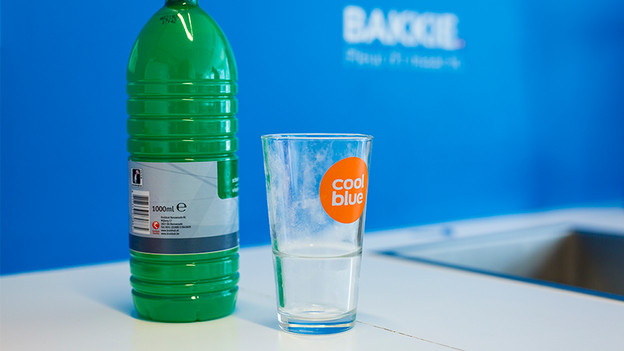
Determine the cause of the white stains
Stains on glassware can be caused inside the dishwasher by limescale or glass corrosion. You can easily find out what caused it by rubbing a drop of white vinegar on them. If the haze disappears, it's limescale. If the white vinegar has no effect, we're dealing with glass corrosion. For both cases, you can read what to do below.
How do you remove limescale?

Remove manually
Fill the sink with warm water and add a cup of white vinegar. Let the glasses stand in this mixture for 15 minutes. Remove the glasses and rinse them with clean water. Then wipe the glasses dry with a clean tea towel.
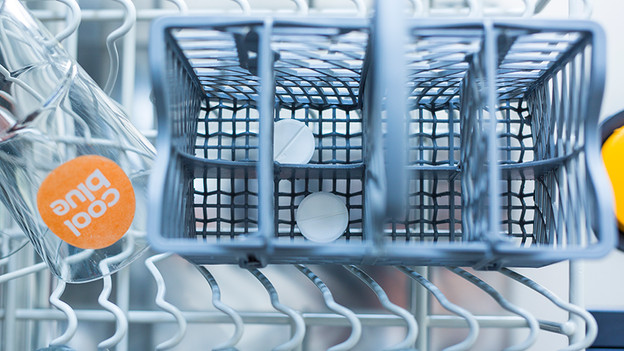
Remove in the dishwasher
Put all glassware with limescale in the dishwasher. Place 2 tablets of denture cleaner in the cutlery basket. You don't have to add dishwasher tabs. Then run a standard dishwasher cycle and properly dry your glassware afterwards. You can prevent limescale by providing your dishwasher with enough salt. The salt ensures that the water softener in the dishwasher does its job properly.
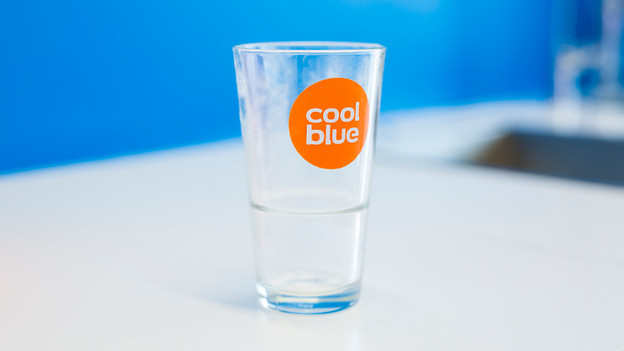
How do you remove glass corrosion?
Glass corrosion can be recognized by a dull stain, scratches, or a rainbow-like discoloration. Glass corrosion is permanent and cannot be repaired. The rainbow-colored shine is not the affected glass itself though, but a layer on the glass. This can sometimes be polished off. You can read how to do this and how to prevent glass corrosion from now on here.
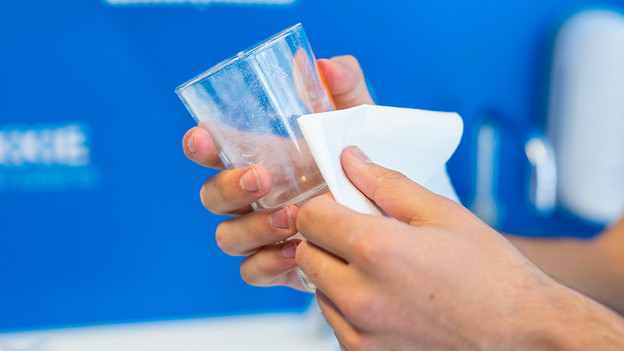
Step 1: remove the rainbow-like discoloration
Make a paste of water and a teaspoon of baking soda or toothpaste. Use a cloth to rub the paste on the glass and rinse the glass. Is the discoloration still there? Repeat the process.

Step 2: only use dishwasher-safe glassware
Only put dishwasher-safe glasses in the dishwasher. Crystal glasses are not suitable for washing with a dishwasher. Keep in mind that even a dishwasher-safe glass will show traces of glass corrosion over time.
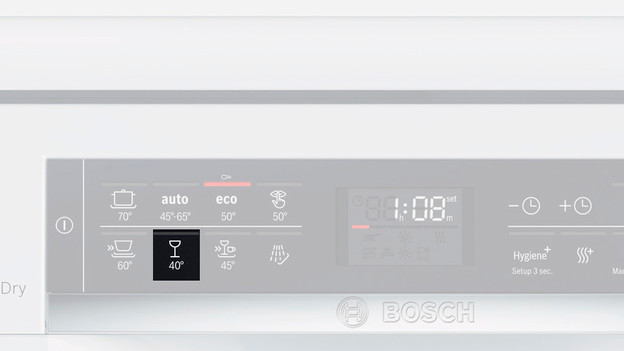
Step 3: set up your dishwasher properly
Don't wash glassware at a higher temperature than necessary. Higher temperatures accelerate the chemical reaction between the glass, detergent, and water. Don't use too much or too little dishwashing detergent and use rinse aid to protect your glass from corrosion. Finally, adjust the salt dosage to the correct level. Overly soft water speeds up glass corrosion, while overly hard water causes limescale.
Article by Marijn
Dishwasher Expert.
